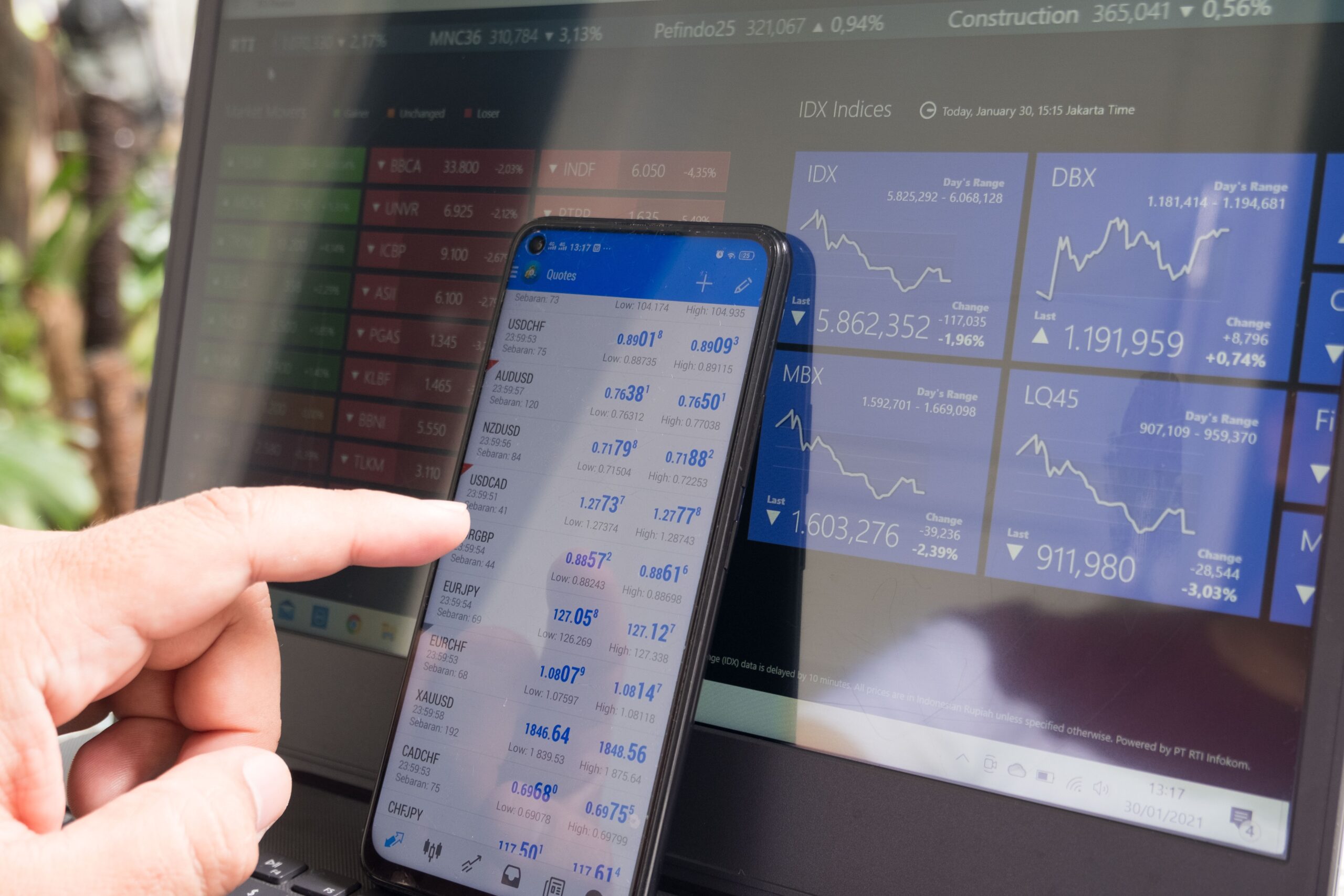Forex, short for foreign exchange, is the global market where currencies are traded. It is the largest and most liquid financial market in the world, with an average daily trading volume of around $6.6 trillion. The forex market operates 24 hours a day, five days a week, allowing traders to participate from all corners of the globe.
The Asian session is a crucial period in the forex trading market. It begins with the opening of the Tokyo market at 7:00 PM EST and overlaps with the European session. During this time, the major currency pairs, such as USD/JPY and EUR/JPY, experience high volatility and liquidity.
Asia, with its economic powerhouses like Japan, China, and Singapore, plays a significant role in the forex market. The Asian session sets the tone for the day and often influences the subsequent sessions in Europe and the United States.
Forex traders in Asia have a unique advantage of being able to react to news and events that occur during their local trading hours. They can take advantage of economic releases, such as GDP data or interest rate decisions, which can significantly impact currency values.
Forex trading in Asia is not limited to institutional investors or large financial institutions. Retail traders can also participate in the market through various online platforms. However, it is essential to choose a reliable forex broker that offers competitive spreads, fast execution, and a user-friendly trading interface.
When trading forex, it is crucial to have access to accurate and timely information. Many traders rely on forex free signal providers to receive trading signals that can help them make informed decisions. These signals are typically generated by experienced traders or automated systems and can be sent via email, SMS, or through a dedicated trading platform.
While free forex signals can be a valuable resource, it is important to exercise caution and do thorough research before following any signal provider. Not all free signal providers are created equal, and some may have ulterior motives or lack the necessary expertise.
Before diving into live trading, it is advisable for novice traders to practice on a forex demo account. A forex demo account allows traders to experience the real market conditions without risking real money. It is an excellent way to familiarize oneself with the trading platform, test different strategies, and gain confidence before transitioning to live trading.
Forex demo accounts are available for various platforms, including Mac. Mac users can choose from a range of forex trading software that is compatible with their operating system. These platforms offer all the features and tools necessary for successful trading, including real-time charts, technical indicators, and order management.
One aspect of forex trading that traders need to be aware of is rollover rates. Rollover, also known as swap, is the interest paid or earned for holding a position overnight. Each currency pair has its rollover rate, which is determined by the interest rate differentials between the two currencies.
Rollover rates can have a significant impact on a trader’s profitability, especially for those who hold positions for an extended period. Traders should consider the rollover rates when planning their trades and be aware of any potential costs or benefits associated with holding positions overnight.
In conclusion, the forex trading market in Asia is a dynamic and influential force in the global financial landscape. Traders in Asia have the advantage of participating during the Asian session and reacting to local news and events. By utilizing free forex signals, practicing on a demo account, and understanding rollover rates, traders can enhance their chances of success in the forex market.
